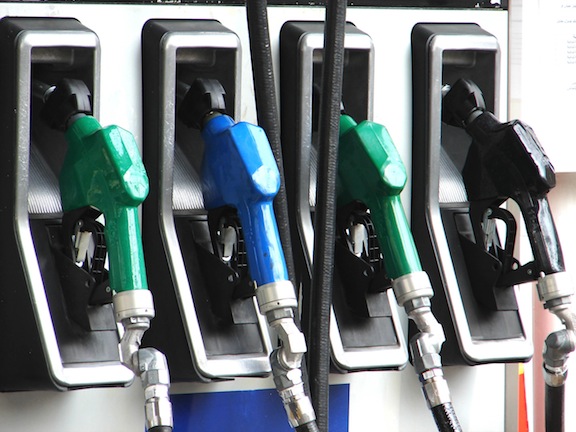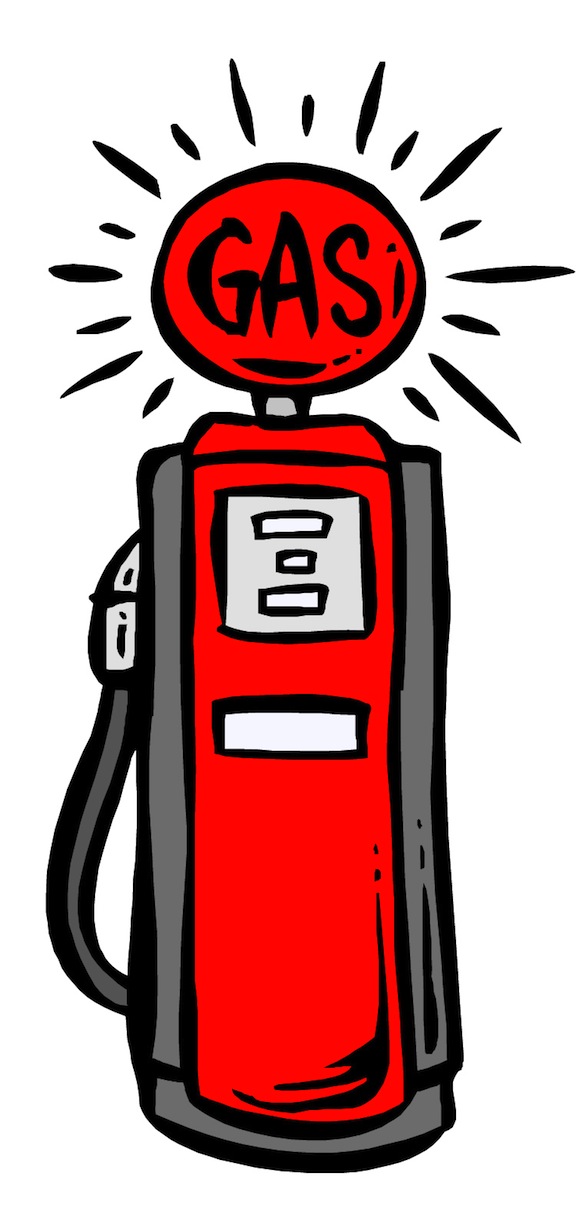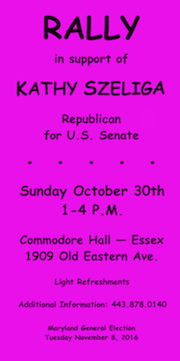POLITICIANS LACK GUTS TO IMPLEMENT
EFFECTIVE GASOLINE CONSERVATION
By David Maril
Now that finding a service station around Baltimore that sells gasoline for $3.50 a gallon is considered a terrific bargain, we have to wonder at what point Americans will become conditioned to paying $4 and even $5.
Sure, short-term relief occasionally surfaces, briefly dropping prices a bit. You know, however, price drops are always a lot slower than the increases. It takes a much longer time for improving supply conditions to make the prices sink.
And we’ve probably seen the last of gasoline under $3 forever.
In the end, prices will keep rising. It’s always some factor that’s out of our hands.
If supplies of crude oil are up we hear refineries need maintenance and are not running up to speed. Often the excuse is that gasoline distribution is behind schedule because refineries are switching to summer or winter blends.
Mix in political volatility causing frequent disruptions of oil drilling in the Middle East and fluctuations in world pricing, fueled by the recklessness of stock market speculators, and it’s no wonder gasoline prices are out of our control.
Politicians know most of us rely on our cars for transportation and will keep driving no matter how often they tack on extra fuel taxes to compensate for their budget sloppiness and incompetence.
Let’s face it, Baltimore and its suburbs have a long way to go before public transportation options are upgraded to the same level as cities like Boston, Washington, Chicago and New York.
Even if supplies tighten up drastically enough so there are lengthy service station lines and rationing of gas like we had in the 1970s, motorists will be willing to pay any price for the freedom of hitting the road.
Reducing gasoline use and our depen- dency on foreign oil is a multi-faceted challenge.
On the plus side, car manufacturers are finally designing vehicles that get better mileage. The Toyota Prius averages 50 miles per gallon and the Ford C-Max Hybrid is not very far behind.
Conventional gasoline cars, like the Chevy Cruze and Ford Fiesta, average over 40 miles per gallon on the highway. Even some of the SUVs are getting close to averaging in the 30s.
But even under the best of circumstances, with full cooperation by automakers, it will take years to realize any significant impact on a reduction in the demand for gasoline.
Some of our elected political leaders, who have probably never driven a car into a gasoline station and wouldn’t even know how to fill up a tank, keep insisting that higher gas taxes solve everything.
The added revenue boosts struggling state budgets and some of the funds designated for road repair might even be used for highways instead of getting rerouted to other areas. Politicians insist people paying higher gas prices are more likely to buy cars and trucks that get better mileage.
There is, however, one step that could be taken right now to increase mileage and reduce costly trips to the gas pump. The most effective short-term solution would be an immediate return to the mandatory speed limit of 55 miles an hour on all state and federal highways for all vehicles.
Many studies have shown gasoline mileage improves by 15-percent just by staying at 55 or under instead of driving at 65 miles per hour.
If motorists reduced consumption by 15 percent, the demand would be drastically reduced and prices would have to fall.
Besides, we all know the reality is that most drivers feel if the speed limit is 65, they can go 85. So if the limit was lowered to 55, many could still be zooming along at 70. At least those who are not caught would be burning less gas at 70 than 80 and 90.
And when you come right down to it, driving a little slower is not going to add that much time to a commute or a trip. Is this such a big sacrifice?
There would be other benefits as well. Slower driving speeds would mean fewer highway fatalities and a reduction in accidents, translating to lower auto insurance premiums. By restricting the top speeds to 55 and under, some motorists might even be more amenable to choosing other travel options on long trips, keeping more cars off the road.
Of course, a lower speed limit will bring out complaints from all those drivers with overpowered vehicles who like to cruise in the 80s and 90s.
But would it be such a terrible move lowering speeds, saving lives and reducing use of gasoline?
It might even encourage carmakers to put more emphasis on motor efficiency instead of power.
Of course our elected politicians wouldn’t like all of this. Slower speeds and a 15-percent improvement in fuel efficiency means a reduction in money spent at the gas pumps and less tax money coming in.
davidmaril@hermanmaril.com
“Inside Pitch” is a weekly opinion column written for Voice of Baltimore by David Maril.
CHECK OUT LAST WEEK’S “INSIDE PITCH” COLUMN: click here
…and read previous Dave Maril columns by clicking here.








July 30th, 2013 - 9:19 AM
Plug your Tesla S, electric car into your household, solar array.
July 31st, 2013 - 10:11 PM
This column makes good sense. Wind resistance has a significant factor when you drive faster than 60. The official MPG ratings are based on driving 55 mph because it is efficient . So if you’re car is rated to get 25 mpg, if you were to drive 70 mph, you’re gas mileage drops to 20.8 mpg.
You can see how speed affects your gas mileage here: http://www.mpgforspeed.com/
August 4th, 2013 - 4:25 AM
[…] story… it would have been worse.) CHECK OUT LAST WEEK’S “INSIDE PITCH” COLUMN: click here …and read previous Dave Maril columns by clicking here. Filed under: Top Stories […]